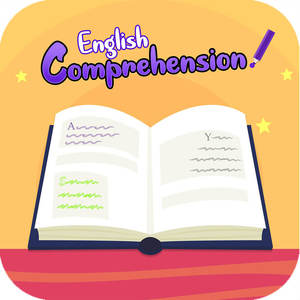写作如何增加记忆和学习
在写下笔记、任务和其他日常提醒时,“少而精”的理念得到了相当准确的应用。 随着技术的兴起,通过在笔记本电脑上打字来记笔记的便利性非常吸引人。
但是,这种方法将您限制在某些可能不太明显的能力中。 此外,技术的使用会带来许多干扰,使您无法集中注意力并影响您的表现。
近年来,期刊的使用越来越多地被世界各地的人们用于不同的应用。 服用 笔对纸有明显的相关性 与你的大脑和特征使用不同的认知过程。
然而,本 手写的重要性 如果你不知道它的影响,你可能会完全迷失。 用你最喜欢的钢笔做笔记是增加记忆力和提高学习能力的好方法。
通过写作增加记忆和学习
手写是提高记忆力并帮助您更轻松地学习的好方法。 在打字方面,您会发现它比在纸上书写要快。 当讲师口述笔记时,打字可以让你输入更多的单词。
然而,当涉及到手写时,这个过程可能有点令人生畏和缓慢。 这意味着写下你听到的所有内容几乎是不可能的。 这是考验你的大脑和认知能力的地方。
手写将使您能够聆听讲师所说的内容,处理信息并了解所传达的要点。 然后,这将允许您写下您完全理解的观点。
获得驱动点并将其写下来所涉及的过程使您可以轻松地保留信息。 根据 Beesly 和 Apthorp 的荟萃分析 (2010),花时间总结和有效笔记的学生表现更好。 从本质上讲,手写笔记显着提高了学生的成就率。
手写及其与大脑的联系
根据 5 年 James & Englehardt 研究中对 2012 岁儿童进行的一项研究,笔迹会显着影响您的大脑。 该研究涉及让孩子们追踪、打字和手写字母和形状。
在这个过程中,孩子们的大脑活动在核磁共振中被密切监测,以观察不同的影响。 研究表明,手写字母会激活大脑的不同区域,这与打字或追踪不同。 我们发现手写对大脑功能的影响非常显着。
生成式和非生成式记笔记
根据穆勒和奥本海默关于笔比键盘更强大的研究,记笔记可以分为两种:生成式或非生成式。
生成式笔记涉及对所说内容的清晰理解。 它具有概括概念、内容映射和内容释义的特点。
这些过程利用您的心智能力,使您更容易理解和记住您写下的内容。 这被称为允许更容易学习和记忆保留的编码假设。
另一方面,非生成式笔记涉及大量输入您从讲师或演讲者那里听到的内容。 这个特点是逐字记录,不需要太多的大脑处理信息。 鉴于打字比书写要快,在使用笔记本电脑时,您更需要输入您听到的所有内容。 考虑到这一点,您会发现非生成式记笔记不会增加记忆或学习。
继续写作
大量研究表明,写作、增加记忆力和学习之间存在明显的相关性。 考虑到这一点,最好每次都继续做手写笔记,以帮助您实现目标。
与打字相比,它可能不太方便,但它会带来更好的长期利益。 每当您需要计划某事、记下某事或只是记下您的想法时,就拿笔在纸上。 你也可以联系很多人 在线手写练习游戏. 写作将巩固你的思想、想法和课程,并帮助你更好地实现你需要做的事情。










